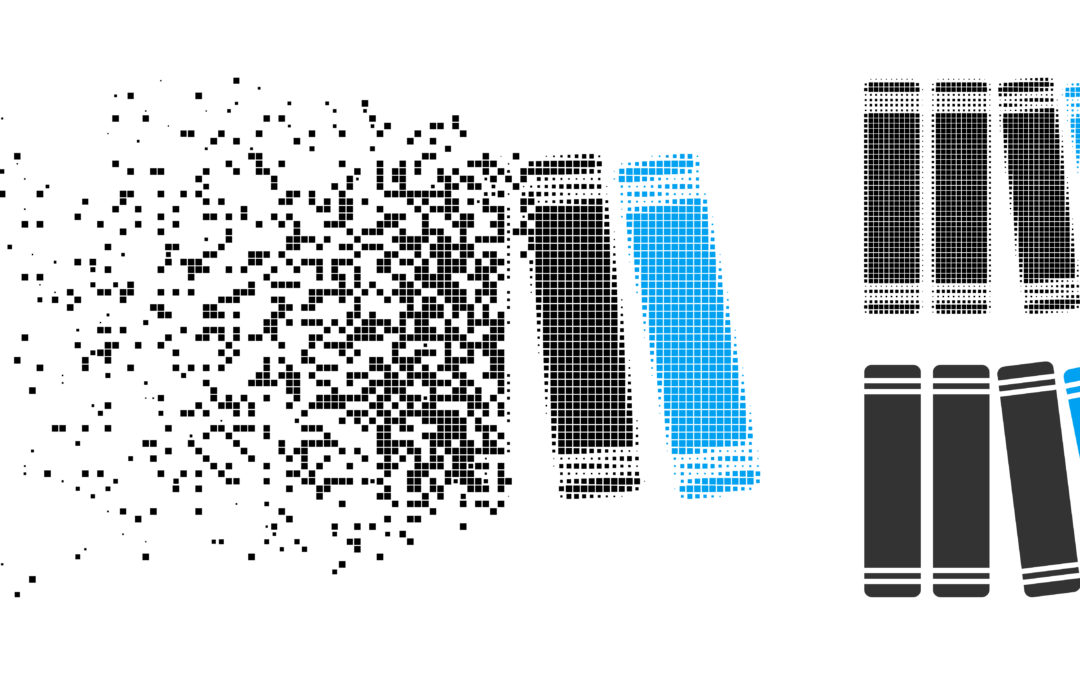
by Erica L. Meltzer | Nov 13, 2018 | College Essays
image © Antonio Guillem, Shutterstock
Let’s start this post with a short pop quiz.
Which of the following options would have been most likely to appear on the vocabulary section of the old SAT?
A. lateritious
B. petrichor
C. ultracrepidarian
D. discreet
E. absquatulate
If your only experience is with the new test, or if you’ve encountered articles discussing the SAT redesign, it’s probably safe to assume you’ve heard a thing or two about all those “obscure” words that were removed from the exam in order to make it more “relevant” and aligned with “what students are doing in school” (which is… what exactly?) (more…)
by Erica L. Meltzer | Jan 22, 2017 | Blog
I realize that my 2017 blogging record hasn’t exactly been stellar so far, but I’ve been hard at work on a number of projects.
First, I’m excited to announce that I am collaborating with Larry Krieger (of the original Direct Hits and APUSH Crash Course fame) on a vocabulary book for the new SAT.
But, you say, didn’t the College Board get rid of all those (not really) obscure words? Isn’t vocabulary kind of…passé? As it turns out, vocabulary is still quite relevant. Both the Reading and Writing sections still include plenty of words that are unfamiliar to many students, and we’ve found an approach that efficiently targets only the material most relevant to the new exam. Stay tuned for more details. (more…)
by Erica L. Meltzer | Oct 4, 2016 | Blog, Parents, The New SAT, Tutors
The New York Times op-ed columnist Paul Krugman often talks about zombie ideas – ideas that are unsupported by any evidence but that continue to linger on in the mainstream, where they are kept alive by Very Serious People who should really know better, but who collectively choose to bury their heads in the sands because it suits their needs to do so.
As far as the SAT is concerned, I would like to nominate two myths in particular for zombie status: (more…)

by Erica L. Meltzer | Dec 27, 2015 | Blog, The New SAT
In a Washington Post article describing the College Board’s attempt to capture market share back from the ACT, Nick Anderson writes:
Wider access to markets where the SAT now has a minimal presence would heighten the impact of the revisions to the test that aim to make it more accessible. The new version [of the SAT], debuting on March 5, will eliminate penalties for guessing, make its essay component optional and jettison much of the fancy vocabulary, known as “SAT words,” that led generations of students to prepare for test day with piles of flash cards.
Nick Anderson might be surprised to discover that “jettison” is precisely the sort of “fancy” word that the SAT tests.
But then again, that would require him to do research, and no education journalist would bother to do any of that when it comes to the SAT. Because, like, everyone just knows that the SAT only tests words that no one actually uses. (more…)

by Erica L. Meltzer | Nov 15, 2015 | Blog, The New SAT, Vocabulary
I’ve been following Diane Ravitch’s blog for a while now. I think she does a truly invaluable job of bringing to light the machinations of the privatization/charter movement and the assault on public education. (I confess that I’m also in awe of the sheer amount of blogging she does — somehow she manages to get up at least three or four posts a day, whereas I count myself lucky if I can get up that every couple of weeks.)
I don’t agree with her about everything, but I was very much struck by this post, entitled “The Reformers’ War on Language and Democracy.”
Diane writes:
Maybe it is just me, but I find myself outraged by the “reformers'” incessant manipulation of language. (more…)


